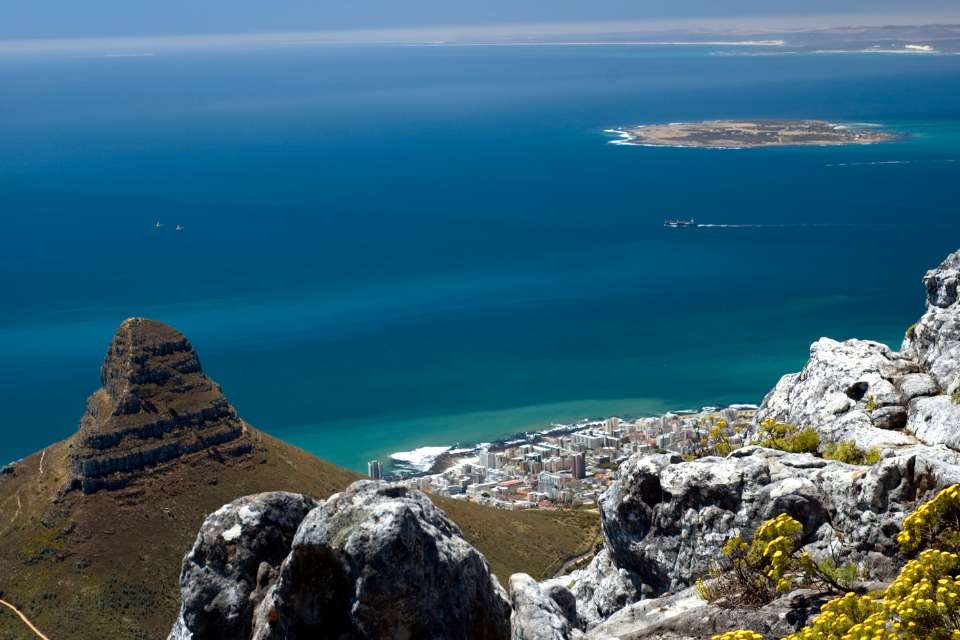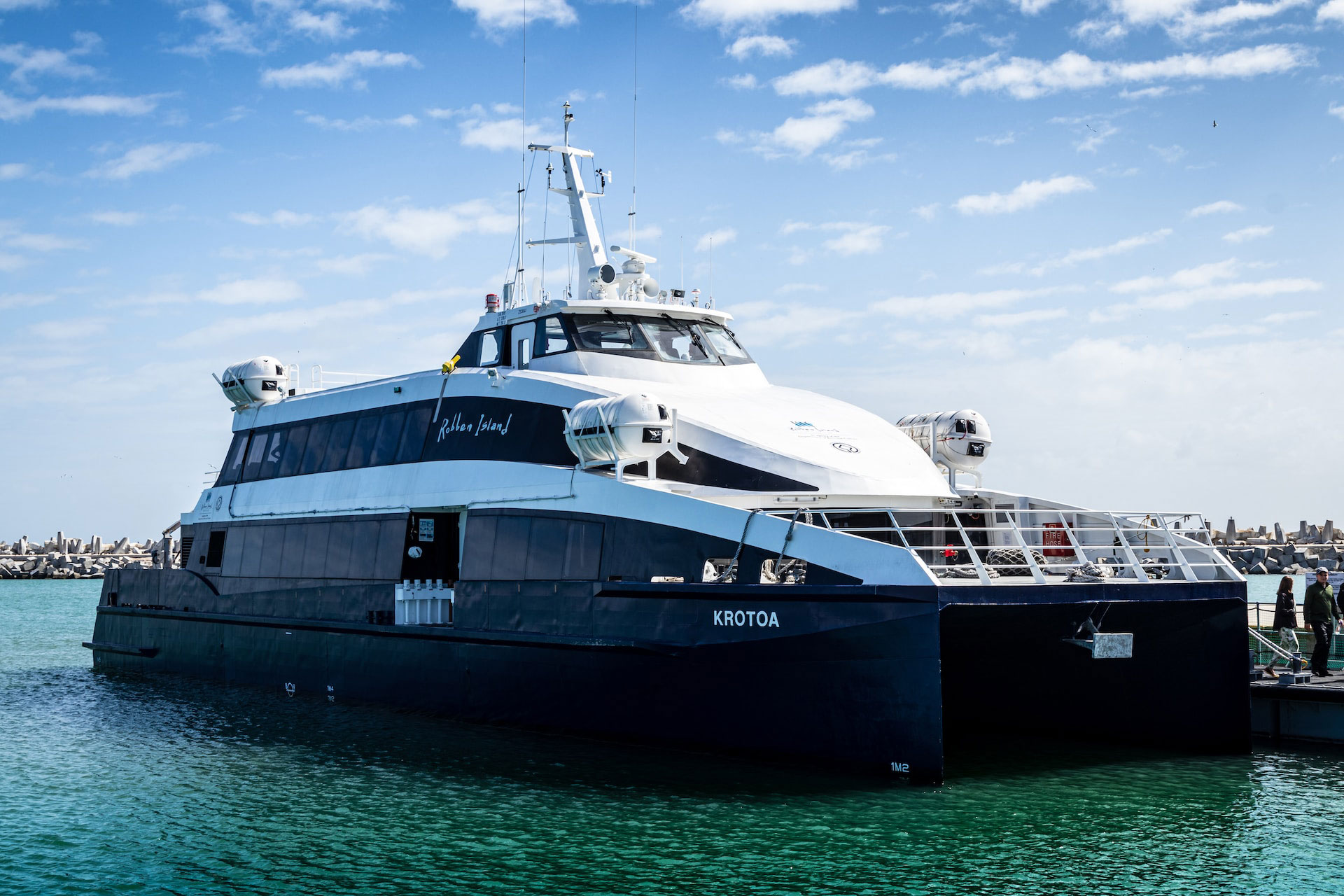Robben Island, located in Table Bay off the coast of Bloubergstrand, is a place steeped in history and significance. From being a prison to a hospital and a military base, this island has witnessed it all.
But who owns this iconic piece of land?
Let’s dive into the details.
Key Takeaways:
- Robben Island is owned by the government of South Africa.
- It has a rich history dating back centuries, with international recognition as a UNESCO World Heritage Site.
- Nelson Mandela, a political prisoner, spent a significant part of his imprisonment on the island.
- Today, Robben Island serves as a living museum and a popular tourist attraction.
- The preservation and conservation of the island are entrusted to the Robben Island Museum Council.
A Historical Treasure of South Africa
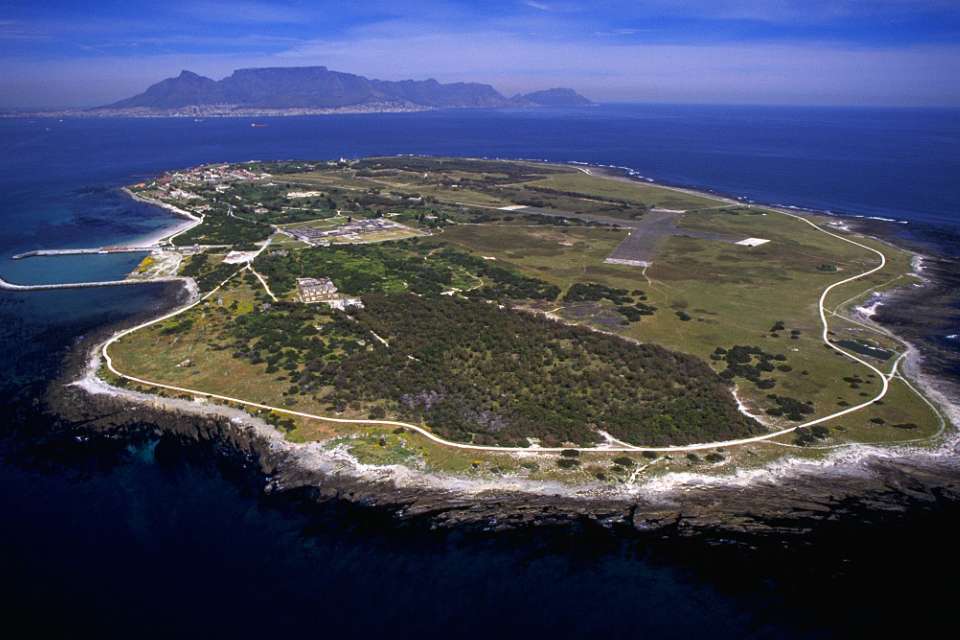
Robben Island is a historical treasure that holds deep significance in South Africa’s past. Dating back centuries, the island has witnessed a myriad of events that have shaped its complex history.
It was first discovered by Bartolomeu Dias in 1488 and later served as a crucial refueling station for Portuguese, English, and Dutch navigators.
However, Robben Island gained international attention during the apartheid era as it became synonymous with the imprisonment of political activists, including the iconic leader Nelson Mandela.
The island served as a grim prison, where individuals fighting for freedom and equality were unjustly detained.
Today, Robben Island stands as a living testament to the triumph of the human spirit in the face of adversity. It has been recognized by UNESCO as a World Heritage Site, honoring its cultural and historical significance.
The ownership of Robben Island has not been without controversy.
However, it is important to note that the island is now owned by the government of South Africa. The nation takes pride in preserving the island’s rich heritage and ensuring that its stories are told for generations to come.
Visiting Robben Island allows us to delve deep into the chapters of South Africa’s history. It offers an opportunity to bear witness to the struggles and resilience of those who fought against injustice.
Robben Island, with its historical weight, serves as a reminder that justice and freedom can prevail even in the face of the darkest times.
Ownership: Government or Private?
When it comes to the ownership of Robben Island, the government of South Africa holds the reins. The entire island is owned by the nation, with the exception of the island church.
As of now, there have been no reports of private ownership or ownership disputes related to Robben Island.
The Stewardship of Robben Island
The stewardship of Robben Island is entrusted to the Robben Island Museum Council. As the custodians of this historic site, they take great pride in preserving the island’s rich history and educating visitors about its significance.
Their mission is to ensure that the story of Robben Island and its role in South Africa’s struggle for justice is kept alive.
Working closely with the government of South Africa, they are committed to the preservation and maintenance of the island and its buildings. They understand the importance of safeguarding the authenticity of this iconic landmark, allowing future generations to connect with the past and learn from the experiences of those who were imprisoned here.
The Robben Island Museum Council operates the site as a living museum, providing a unique opportunity for visitors to step back in time and gain insights into the lives of the political prisoners who were incarcerated on the island. Their passionate team of guides, many of whom are former political prisoners themselves, share their personal stories, creating a powerful and immersive experience.
It is through their collective efforts that we can ensure the continued protection and preservation of Robben Island. By promoting understanding and fostering a sense of empathy, they hope to inspire positive change and contribute to the ongoing fight for equality and justice in South Africa and beyond.
Nelson Mandela and Robben Island
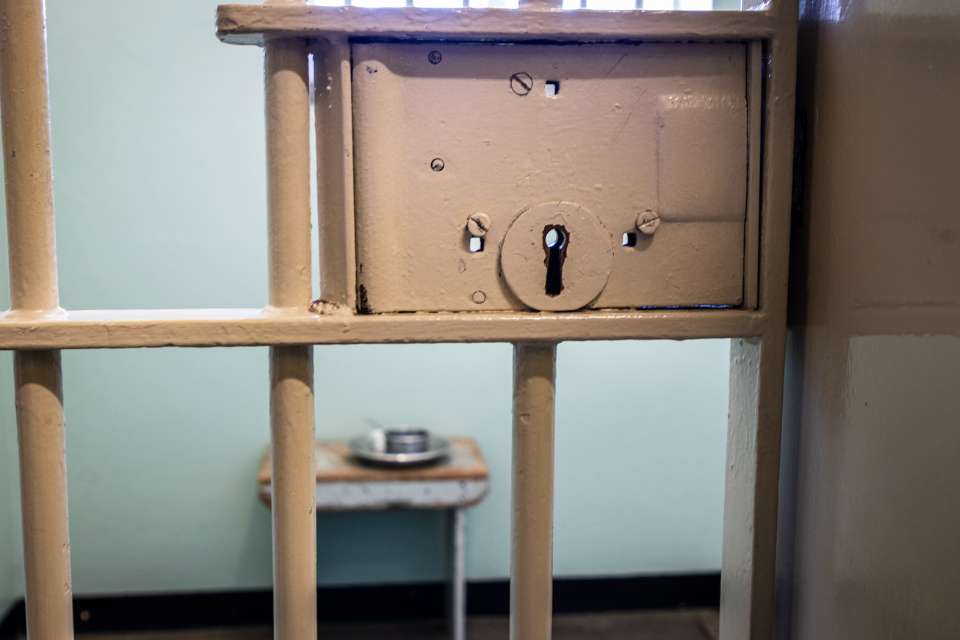
Nelson Mandela, a renowned political activist and lawyer, spent 18 of his 27 years of imprisonment on Robben Island.
His imprisonment became a symbol of the anti-apartheid movement and the struggle for freedom in South Africa. Mandela’s resilience and leadership during his time on the island played a significant role in the country’s transition to democracy.
Today, Robben Island is a place of remembrance for Mandela and other political prisoners who fought for justice.
Robben Island as a Tourist Destination
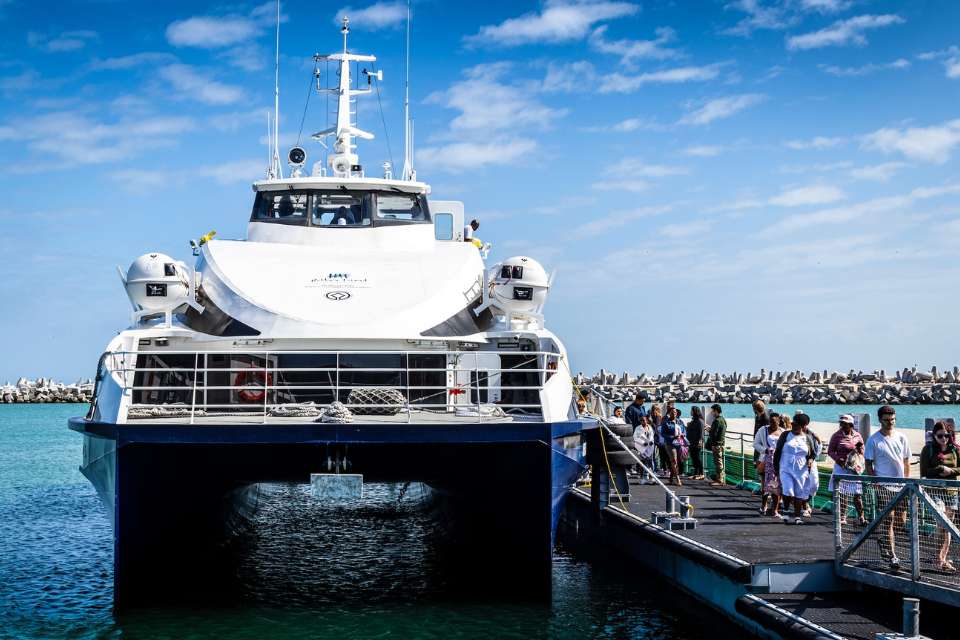
If you’re planning a visit to South Africa, make sure to include Robben Island on your itinerary. This historical landmark has transformed into a popular tourist attraction, drawing thousands of visitors each year.
Tours to Robben Island depart from the Nelson Mandela Gateway, conveniently located at the vibrant V&A Waterfront in Cape Town. From there, you’ll embark on a journey that will take you back in time and immerse you in the island’s rich history.
During the tour, you’ll have the opportunity to explore the former prison facilities and gain insight into the struggles faced by the political prisoners who were once held captive here.
The stories of resilience and determination shared by former political prisoners, who now serve as guides, provide a unique and firsthand perspective that brings history to life.
The Robben Island Museum manages and coordinates the tourism activities on the island, ensuring a well-organized and informative experience for visitors.
The museum’s commitment to preserving the island’s historical significance and sharing it with the public is evident throughout the tour.
Whether you’re a history enthusiast or simply looking to broaden your understanding of South Africa’s journey towards freedom and democracy, a visit to Robben Island is a must.
It offers a powerful and inspiring experience that highlights the indomitable human spirit and serves as a reminder of the value of justice and equality.
Protecting Robben Island’s Heritage

Robben Island, located in Table Bay off the coast of Bloubergstrand, is an invaluable National Heritage Site in South Africa.
Under the umbrella of various national heritage laws, Robben Island, along with its buffer zone of one nautical mile, benefits from legal protection. This ensures that the island remains safeguarded from any potential threats that may compromise its authenticity and historical significance.
The responsibility for the management and conservation of Robben Island rests with the dedicated Robben Island Museum Council. Through close collaboration with government agencies and UNESCO, we work tirelessly to develop and implement conservation strategies to preserve the island’s cultural heritage.
Conclusion
Robben Island, with its complex history and remarkable stewardship, stands as a powerful symbol of democracy’s triumph over oppression and racial injustice.
Owned by the government of South Africa, this iconic island preserves the memory and legacy of political prisoners, including the esteemed Nelson Mandela, serving as a living museum that shares South Africa’s struggle for justice with visitors from around the world.
Through meticulous conservation and protection efforts, Robben Island safeguards its precious heritage for future generations. As a UNESCO World Heritage Site and legally protected National Heritage Site, the island’s structures and natural beauty are carefully preserved and maintained.
The people at Robben Island are committed to ensuring that the story of this significant historical landmark continues to be shared and understood. By immersing themselves in the past, they honor the resilience and sacrifice of those who fought for freedom and justice.
By embracing the present, they create a space for dialogue and reflection, where visitors can bear witness to history and become advocates for change.
FAQ
Who owns Robben Island?
The government of South Africa owns Robben Island.
What is the history of Robben Island?
Robben Island has a rich and complex history that dates back centuries. It has been used for various purposes throughout its history, including as a prison, hospital, and military base.
It gained international attention as a prison during the apartheid era, with political prisoners like Nelson Mandela being incarcerated there. Today, Robben Island is recognized as a UNESCO World Heritage Site for its cultural significance.
Is there any ownership dispute related to Robben Island?
No, there have been no reports of private ownership or ownership disputes related to Robben Island. All land on the island is owned by the nation of South Africa.
Who is responsible for the stewardship of Robben Island?
The stewardship of Robben Island is entrusted to the Robben Island Museum Council. The museum operates the site as a living museum, preserving the island’s history and educating visitors about its significance.
The museum works closely with the government of South Africa to ensure the preservation and maintenance of the island and its buildings.
What role did Nelson Mandela play in Robben Island’s history?
Nelson Mandela, a renowned political activist and lawyer, spent 18 of his 27 years of imprisonment on Robben Island. His imprisonment became a symbol of the anti-apartheid movement and the struggle for freedom in South Africa.
Mandela’s resilience and leadership during his time on the island played a significant role in the country’s transition to democracy.
Can I visit Robben Island?
Yes, Robben Island has become a popular tourist destination. Tours to the island depart from the Nelson Mandela Gateway at the V&A Waterfront in Cape Town. The tours provide visitors with an opportunity to learn about the island’s history, visit the former prison, and hear firsthand accounts from former political prisoners who now serve as guides.
The Robben Island Museum manages the tourism activities on the island.
How is Robben Island protected?
Robben Island is legally protected as a National Heritage Site in South Africa. The island and its buffer zone of one nautical mile are protected through various national heritage laws.
The Robben Island Museum Council is responsible for the management and conservation of the island, working closely with government agencies and UNESCO to ensure its preservation.
What does Robben Island symbolize?
Robben Island, with its complex past and present-day stewardship, stands as a testament to the triumph of democracy and freedom over oppression and racism.
Owned by the government of South Africa, the island preserves the history of political prisoners, including Nelson Mandela, and serves as a living museum for visitors to learn about South Africa’s struggle for justice.

